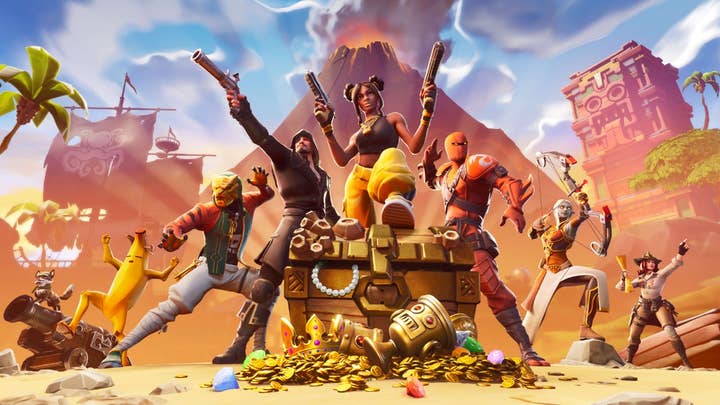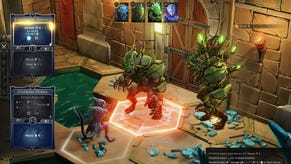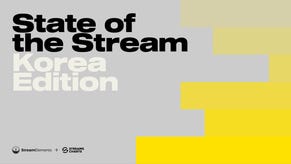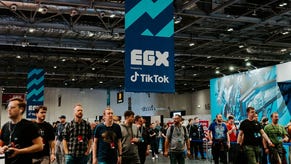Epic devs speak out on Fortnite crunch
"I was working at least 12-hour days, seven days a week, for at least four or five months" after survival shooter became a mainstream phenomenon
Epic Games is the latest company taking criticism for its crunch culture, as Polygon today reported on working conditions at the studio since the 2017 launch of Fortnite Battle Royale.
Polygon spoke with multiple current and former Epic employees and contractors who put together an unflattering picture of their work experience, with many reporting working 70 hours a week regularly, with some reaching up to 100 hours a week.
"I was working at least 12-hour days, seven days a week, for at least four or five months," one person told the site. "A lot of that was having to stay at work till 3 or 4 in the morning."
One source said they knew multiple people who refused to work weekends, and were then fired when a deadline was missed. For contractors, there was an understanding that refusing to work excessive hours would mean their contracts would not be renewed at the end of their term. One person said managers either ignored complaints about the working hours or threatened to fire those who spoke up.
"It's killing people," one source told Polygon. "Something has to change. I can't see how we can go on like this for another year. At first, it was fine, because Fortnite was a big success and that felt good. We were solving problems that were new for Epic: how to run a big, global game as an online service. But now the workload is just endless."
Fortnite's success was by all accounts a surprise. One customer service worker told the site that the number of player questions and problem reports went from 20-40 a day to about 3,000 a day. An Epic representative noted that the company has roughly doubled its headcount since the launch of Fortnite, and has also hired external studios to assist in the workload and instituted multiple teams working in parallel to stagger workload between them.
The people Polygon spoke to said there were problems with the on-boarding and training of so many people in such a short space of time, as well as management's handling of a live service game.
"The executives keep reacting and changing things," said the source. "Everything has to be done immediately. We're not allowed to spend time on anything. If something breaks - a weapon, say - then we can't just turn it off and fix it with the next patch. It has to be fixed immediately, and all the while, we're still working on next week's patch. It's brutal."
An Epic spokesperson told Polygon, "People are working very hard on Fortnite and other Epic efforts. Extreme situations such as 100-hour work weeks are incredibly rare, and in those instances, we seek to immediately remedy them to avoid recurrence."
Epic joins Rockstar Games, Telltale Games, Quantic Dream, and CD Projekt as high-profile developers that came under fire recently for fostering crunch culture in their studios.









